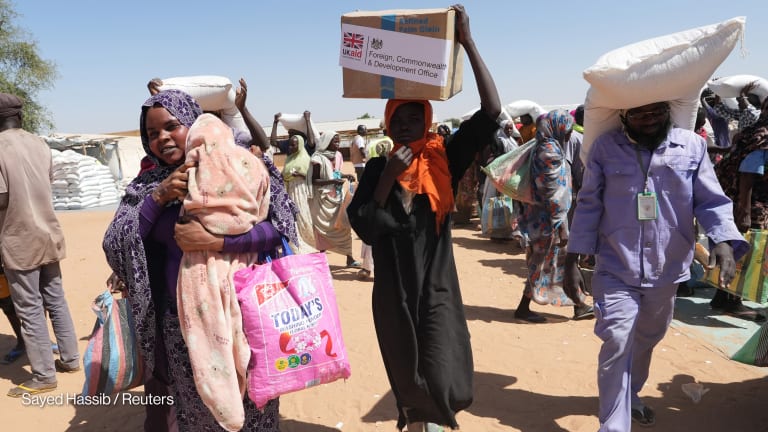Donor governments have stepped up with significant aid for those affected by Russia’s invasion of Ukraine, and many are also pledging to increase defense budgets in response to the crisis on NATO’s borders.
But with aid budgets already stretched, the humanitarian community fears that other critical needs will suffer a loss of funding.
“Many NGOs are saying there must be solidarity with Ukraine, [but] that support must not come from other urgent areas,” said Raimund Zühr, project manager at Donor Tracker, an initiative of the Berlin-based consulting group SEEK Development.
This story is forDevex Promembers
Unlock this story now with a 15-day free trial of Devex Pro.
With a Devex Pro subscription you'll get access to deeper analysis and exclusive insights from our reporters and analysts.
Start my free trialRequest a group subscriptionSearch for articles
Most Read
- 1
- 2
- 3
- 4
- 5








